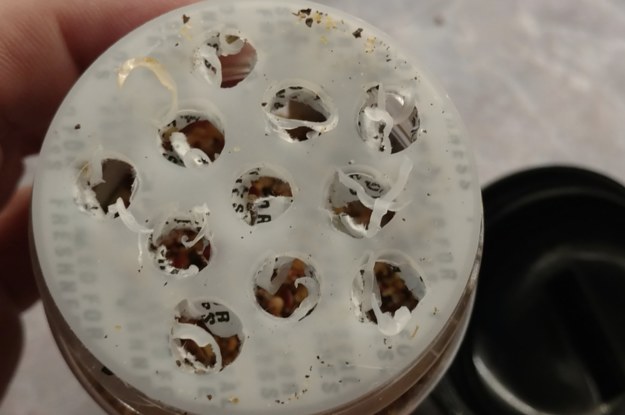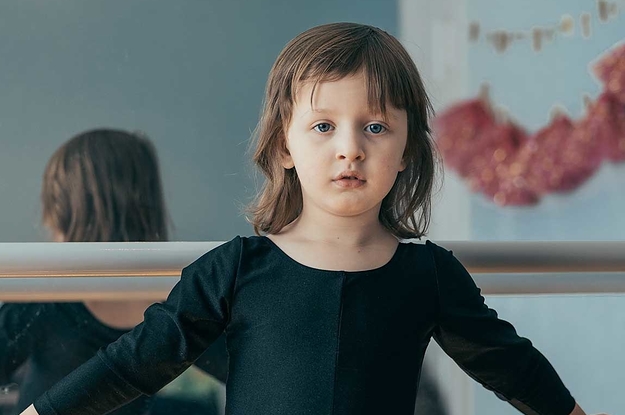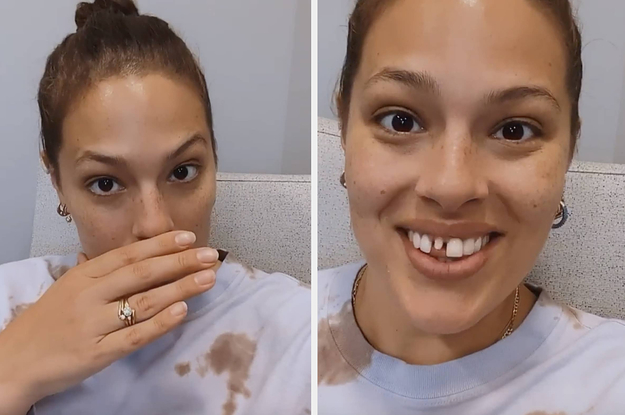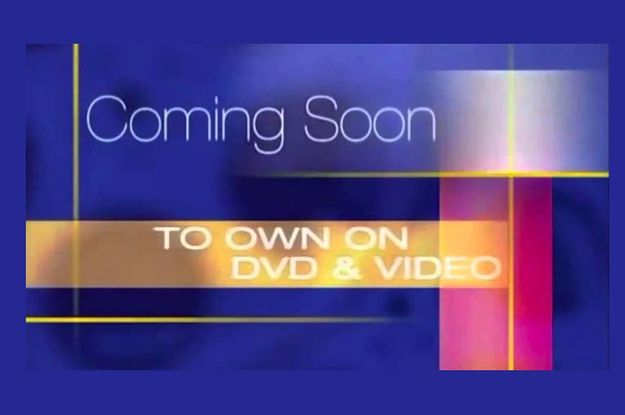Category: Viral
Category Added in a WPeMatico Campaign
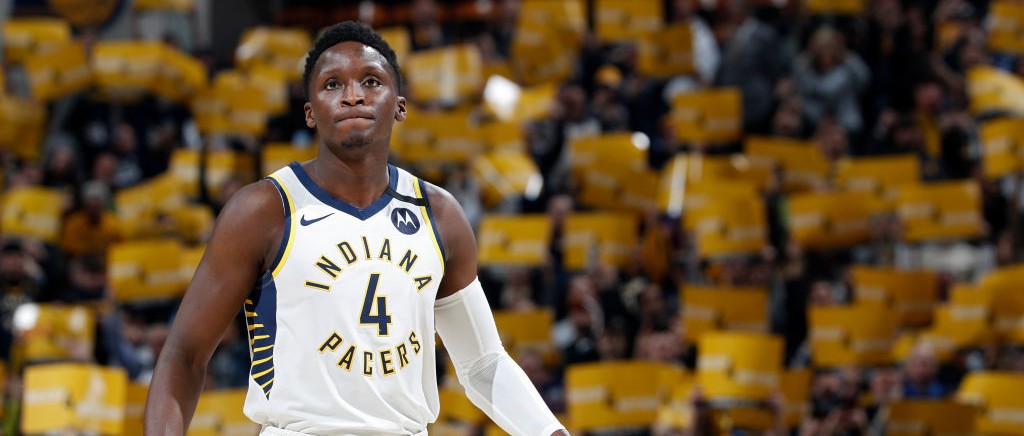
The Indiana Pacers are one of the teams headed to Orlando for the NBA’s bubble league to finish up the 2019-20 season. The team sat in fifth place in the Eastern Conference with a 39-26 record when the league’s COVID-19 hiatus began, and while you’d be hard-pressed to find anyone who thinks they will win the conference, a big boost would come if Victor Oladipo could return to his All-Star form.
Oladipo suffered a pretty serious quad injury during the 2018-19 campaign, and as a result, he’s only played in 13 games and hasn’t quite looked like himself as he’s worked off the rust. Still, at his best, Oladipo is one of the best shooting guards in the league.
The issue is that he is still coming off a serious injury, and when the bubble league tips off in late-July, he’ll have gone four and a half months between games. As such, Oladipo explained to Adrian Wojnarowski of ESPN that he’s going to ramp his workouts up before making a final decision on whether or not he’ll take the floor at Disney.
“I feel a whole lot better,” Oladipo said. “I know there’s risk going into it with the unique situation that I’m in — being off so long and trying to ramp it up that fast. I’ve just got to be smart, that’s all.”
Oladipo apparently would like to play, but with how he’s coming off of a serious injury, it makes sense that the plan is to be cautious with the quad. As Wojnarowski noted, players have until Wednesday to inform their teams on whether or not they plan to go to Orlando, and rosters have to be submitted to the league by July 1.

Similar to DaBaby, who spent his Juneteenth trying to improve and make his mark on his hometown of Charlotte with an open discussion panel, YG and Mustard honored the holiday by delivering meals to residents in their Los Angeles hometown. The donation comes as the two artists teamed up with Postmates to make it happened.
In total, the partnership will result in $100,000 worth of meals delivered within the Los Angeles area. YG and Mustard spoke about the donation in a recent interview with Billboard. The donation comes after YG and Mustard recently acquired an equity stake in the Fishbone Seafood restaurants in addition to the Postmates partnership.
“I met one of the owners at a gas station, and he told me we should do business,” YG said to Billboard. “I called Mustard and told him about the opportunity, and he was ready to go.” Mustard then explained how he and YG hoped to ease the effects of the coronavirus on the community with their contributions.
“COVID-19 has hit Black and Brown communities the hardest,” Mustard said. “YG and I have not forgotten where we come from, and feel a duty to support those who are less fortunate and have been our biggest supporters from the beginning.”
YG and Mustard had $50,000 worth of food delivered to residents within the Postmates delivery radius on Friday while Fishbone restaurants provided healthy alternatives named after the rappers. Next week, the remaining $50,000 of meals will be given to a number of Los Angeles organizations including A New Way of Life, Hollywood Food Coalition, Midnight Mission, Watts Empowerment Center, Upward Bound House, and five St. John’s Well Child and Family clinics.
[via Billboard]
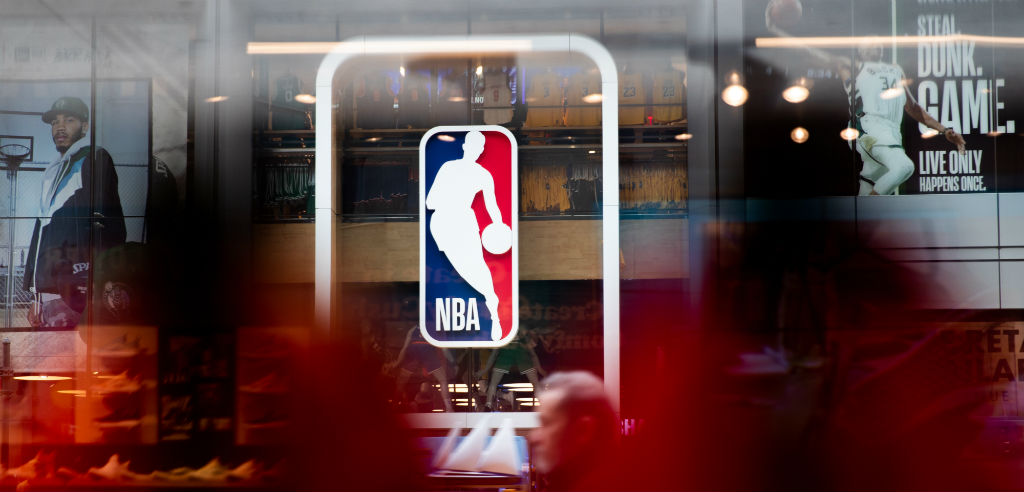
NBA teams are making preparations for 22 squads to make their way to Orlando in an attempt to finish the 2019-20 season. Squads will begin reporting over the coming weeks, with the current plan indicating that games will tip off on July 31 in a mad dash to name a champion for this campaign.
As part of the bubble league, teams will reportedly be allowed to carry 17-player rosters, as fears about injuries after such a long layoff and the potential that a player could get COVID-19 both exist. We learned on Saturday that these expanded rosters will be put together in a one-week period next week, as Shams Charania of The Athletic reports that teams will have from June 23-30 to conduct business in a transaction window.
The NBA has set the transaction window for its 30 teams: June 23 (12 pm ET) to June 30 (11:59 pm ET), sources tell @TheAthleticNBA @Stadium.
— Shams Charania (@ShamsCharania) June 20, 2020
This transaction window won’t put every potential transaction on the table — apologies to those who were hoping that trades would be allowed for a week — but teams will have a few courses of action for how they can expand their rosters.
Teams can conduct rest of season contracts, substitute players ($183,115 minimum for two years of service), two-way contracts, and waivers during the window. https://t.co/bA9q7J4Axc
— Shams Charania (@ShamsCharania) June 20, 2020
This is not the only news we received on Saturday about how the next few months will look. According to Adrian Wojnarowski of ESPN, the league plans to hold its draft on Oct. 16 — three days after a potential Game 7 should the NBA Finals require one — and have free agency open up on Oct. 18.
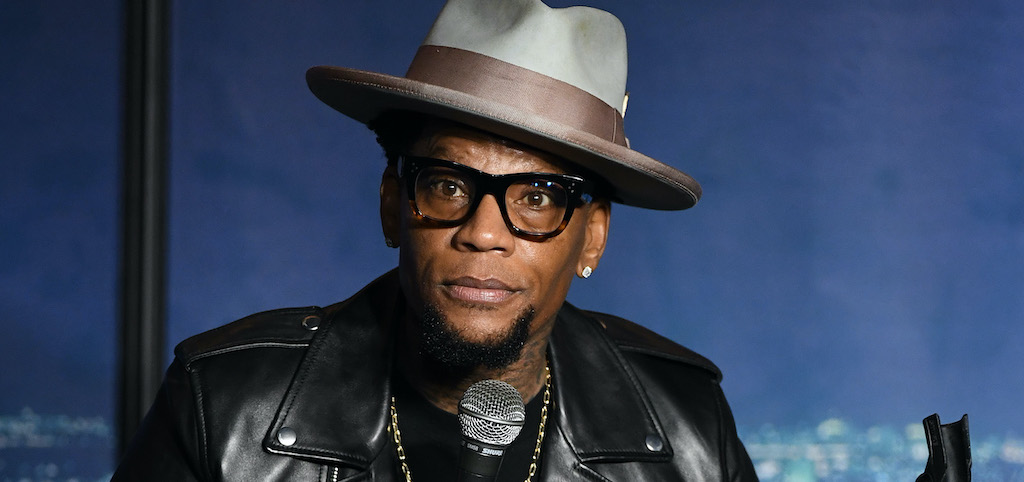
Although much of the entertainment industry remains under quarantine, some pockets have gone back to work, albeit while social distancing, keeping clean and safe, etc. One soap opera resumed production last week, with the actors actually performing their requisite love scenes with blow-up dolls. Meanwhile, Dave Chappelle surprise released a new stand-up set last week, complete with a scattered audience. D.L. Hughley also returned to the stage. Alas, a set he did in Nashville Friday ended suddenly with him passing out and having to be taken to the hospital.
Good news first: His rep told Entertainment Weekly that, after remaining there overnight, is feeling better. It’s said that he was “suffering from exhaustion after all the week’s work and travel,” and that he’s already feeling better and “wishes to thank everyone for the very kind prayer and thoughts.”
The incident occurred Zanies Nashville Comedy Club. A patron caught it on camera and posted it online, and it shows the comic seeming to pass out, only to be caught by someone off-stage, who prevented him from falling to the floor. Uproxx spoke to him two years back in advance of his Netflix comedy special Contrarian, in which he said he’d “never seen a time that was more right for comedy.” That sentiment probably goes double or triple nowadays.
(Via EW)



